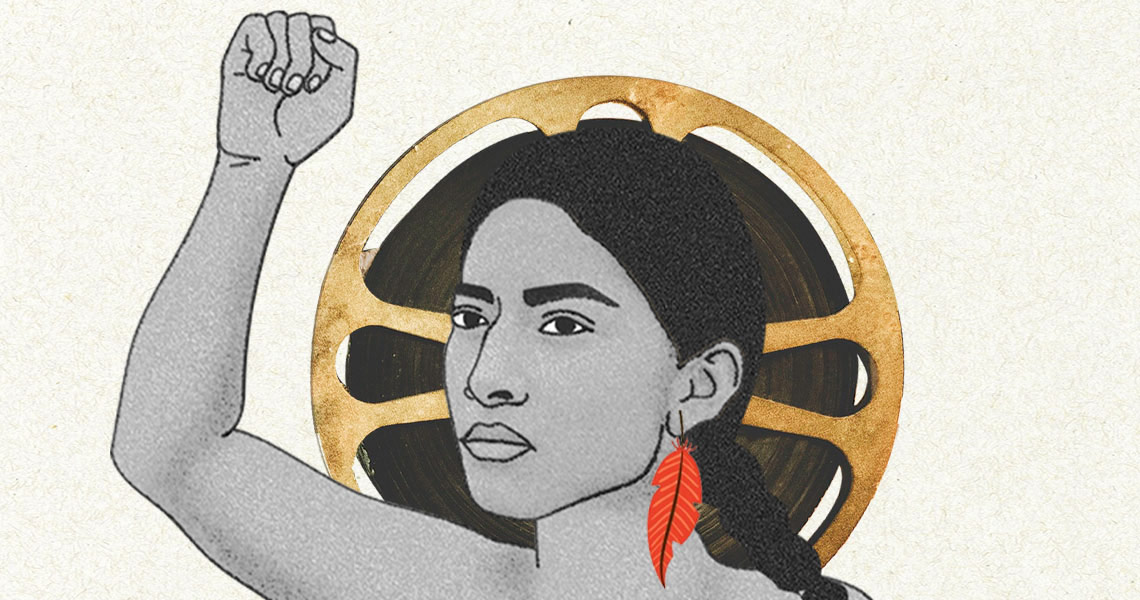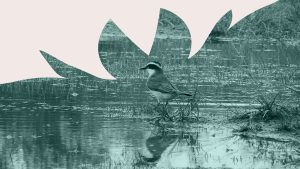Nature is crying out to be heard, but only indigenous peoples, whose worldview takes the human being as a whole with nature, seem to listen. The global crisis we are facing is mainly caused by a non-sustainable human society model which centered its development around the commodification of life and natural resources with no second thought about its impact on the entire ecosystem. The chronological structure of Western narrative structure represents progressive improvement, with its corresponding climaxes and outcomes, as a virtuous confrontation between opposite forces that, as we see it reflected every day on the cultural values of capitalism, is based on the domination of men on men and men on the rest of the living beings. Indigenous cinema, on the other hand, presents a circular narrative that goes against this conception, characterized by its vision of inter/eco-dependence between all the living beings inhabiting Earth. To protect Mother Earth and biodiversity, there are leaders that risk their lives every day, as well as filmmakers ready to raise their voices.
What challenges do indigenous cinema face in times of Western civilizing crisis? Has the time come to revert the narrative model and aim at a real cultural transformation for an eco-sustainable society? What is the place of indigenous cinema within the circles of cinematographic production and screening at a regional and global scale? What is the role of environmental and human rights film festivals as regards indigenous cinema spreading and recognition?
Guests:
Rebecca Thomassie (director of Names for Snow), Odile Eda Pierre (in charge of research and international activities at Wapikoni), Elizabeth A. Castle (director of Warrior Women), Marcy Gilbert (star of Warrior Women and daughter of Madonna Thunder Hawk – American Indian Movement, AIM’s leader-), Nina Wara Carrasco (director of En el murmullo del viento).
Moderator:
Florencia Santucho (FINCA’s Director).



